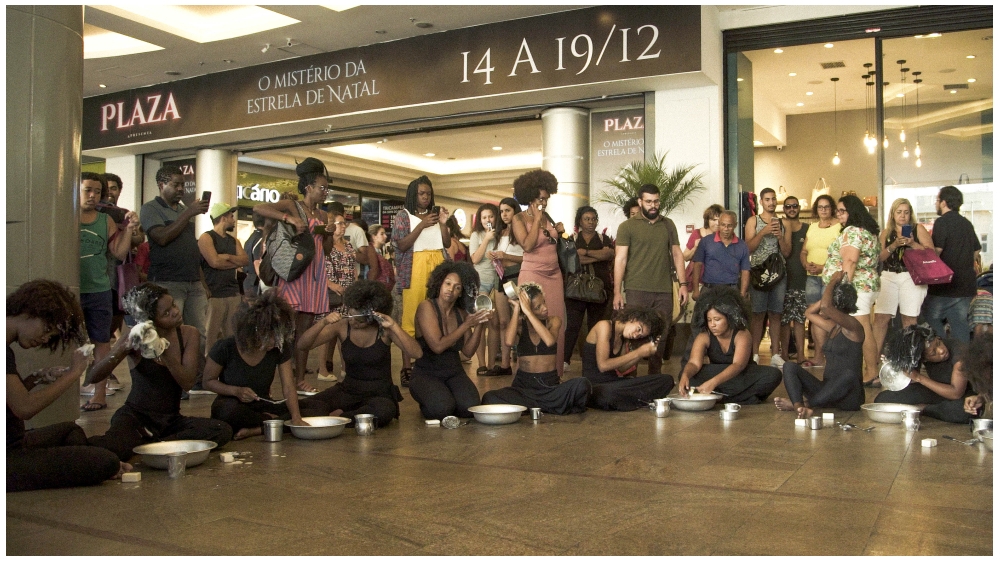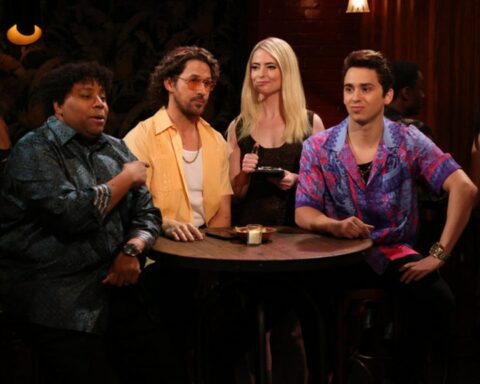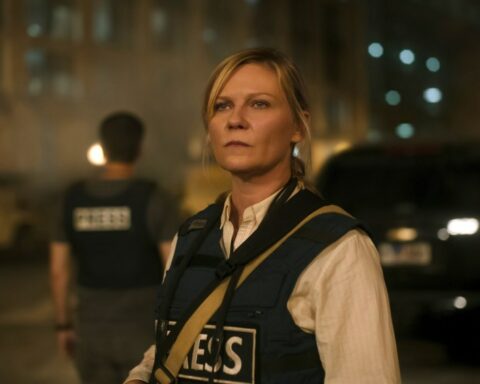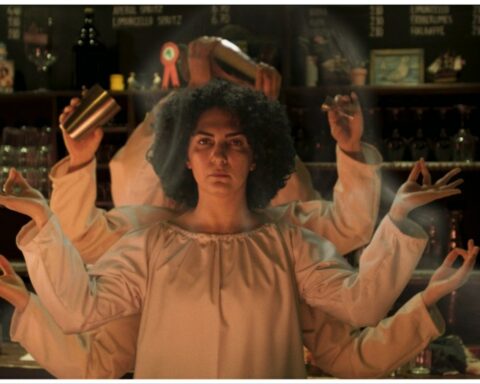
For Brazilian director Vladimir Seixas the sun is rising anew for filmmakers in his country after the end of years of Jair Bolsonaro rule.
The helmer known for his searing investigative work on Brazil’s urban, social and cultural transformations, says that now is the time for documentary makers in his country to step forward and make the films about “the lots of stories” waiting to be told.
After four years without a culture ministry – a government department that president Bolsonaro gutted and dissolved in 2019, and which was only reinstated this year by the new Luiz Inácio Lula da Silva administration – Seixas says a new day is finally dawning for filmmaking in Brazil.
Seixas’ searing documentary expose “Rolê: Histórias dos Rolezinhos” provides an insider look at Brazil’s widespread and growing shopping mall protests and movement. Known as “rolezinhos” the movement crystalized between 2000 and 2020 – the social revolt a result of ongoing, systemic incidents of racial profiling and discrimination in malls.
“Rolê” screened last week at the 5th Joburg Film Festival in South Africa – a country that’s no stranger to the subject of overt shopping mall racism and racial profiling.
Seixas himself has personal experience of being racially profiled, recounting how security popped up behind him in a mall and demanded to search his bags.
It makes “Rolê” also a deeply personal story for Seixas who contrasts the crass consumer gloss inside Brazil’s shopping malls with the poetic beauty found outside its walls as told through the stories of three black people and the racial discrimination and violence they’ve experienced.
“Rolê” follows Seixas’ 2008 short doc about homeless people engaging in a shopping mall protest in 2000. Thirteen years later he decided to go back, do more research and to revisit the subject as the prevalence of Brazil’s rolezinhos kept growing in scope.
“Rolê” tracks Brazil’s rolezinho movement from 2000 to 2020. The pre-production legwork was challenging and arduous, with Seixas tracking down and keeping in contact for years the subjects he eventually profiled in the documentary, not knowing at the time if there might even be a film.
“The most difficult thing was that I invited them to be part of telling their story, two years before managing to get the funding for the documentary,” he explains. “It was constantly keeping in contact, constantly updating them, constantly assuring them, while time was passing.”
As sourcing funding for projects remains a massive ongoing challenge for Brazil’s independent filmmakers, the struggle to find money for documentaries is even more of an uphill slog. “For many Brazilian filmmakers, especially small production companies it’s very difficult to find the investment, for me specifically in the case of this movie,” he says.
Seixas has however noticed a perceptible change the last couple of years in the attitude of Brazil’s newsmedia mindset towards the rolezinhos – part of why he feels the investment in the film was worth the time, effort and money.
“There was definitely a change in the mindset of the media. The media covered it differently and were behind this movement when a black man, João Alberto Silveira Freitas, was brutally beaten to death by two white security men at a Carrefour shop in Brazil – just a day before Nov. 20, 2020, Brazil’s Black Awareness Day.”
“Rolê” has also inspired him to take bigger steps into scripted content.
His next fiction short film, already in post-production is “Yãmî Yah-Pá” (End of the Night), telling the story of the indigenous woman Kawana who deals with the loss of her daughter while having to return to her village in the Amazon rainforest, crossing a post-apocalyptic world unravelled by a virus.
“As Brazilians, we’ve been through four years without a culture minister under the Bolsonaro government. But there is a new sunshine. There are a lot of stories to be told and films to be made.”
Translation by Júnia Matsuura.







